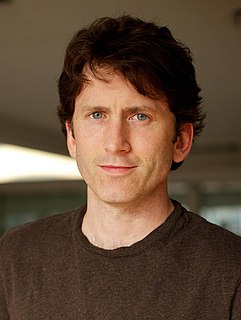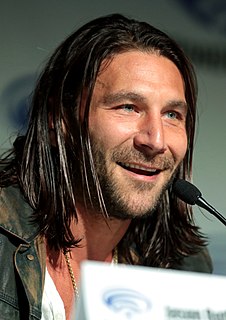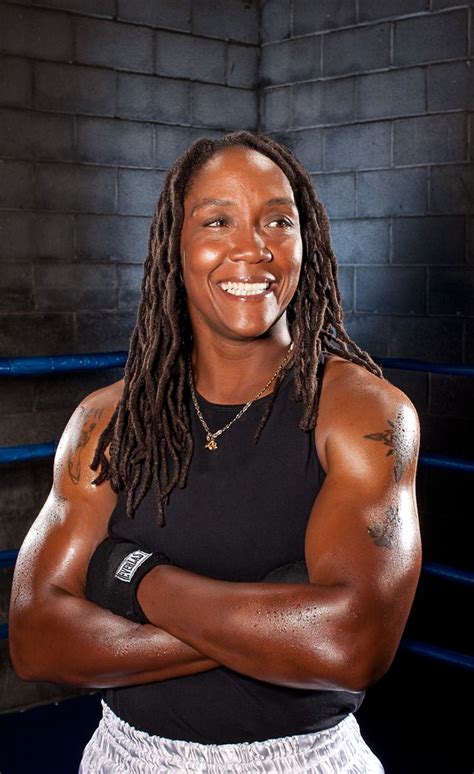A Quote by Jessy Schram
In 'Falling Skies,' I was playing a soldier and a fighter, and then, when I was taken captive, you're still in this post-apocalyptic world.
Related Quotes
Dude. Post-apocalyptic world. Who does job applications anymore?” “I do.” I squint at it, then him. “What are you paying me?” I angle. “Dude. Post-apocalyptic world. Who does money anymore.” I snicker. First sign of any sense of humor he’s shown. Then I remember where I am and why. I wad it up and throw it at him. It bounces off his chest.
The leaves are falling, falling as from way off, as though far gardens withered in the skies; they are falling with denying gestures. And in the nights the heavy earth is falling from all the stars down into loneliness. We all are falling. This hand falls. And look at others: it is in them all. And yet there is one who holds this falling endlessly gently in his hands.
Miami is just really fun whenever I go there. It's like this post-apocalyptic Barbie world: everything is pink, and there're palm trees everywhere. But then there are also all these people in crazy sunglasses, warehouses with sick parties where all the girls are covered in spikes and black leather. It's a very weird place.
A lot of the creature comforts and the things we take for granted, are not sustainable, especially at current population levels. And so, it's not just simply a matter of changing over to solar. It's a matter of changing our philosophies. Of learning to live, more or less, mid- or post-apocalyptic, whatever apocalyptic means.
If you look at what we did with 'Winter Soldier' with the Cap character in terms of bringing him into the modern world, trying to ground the movie tonally into something that was a step toward real-world, at least to the degree you can do that in a superhero movie, that's still the tonal universe that we're playing in 'Civil War.'
He told me that once, in the war, he’d come upon a German soldier in the grass with his insides falling out; he was just lying there in agony. The soldier had looked up at Sergeant Leonard, and even though they didn’t speak the same language, they understood each other with just a look. The German lying on the ground; the American standing over him. He put a bullet in the soldier’s head. He didn’t do it with anger, as an enemy, but as a fellow man, one soldier helping another.
One thing I see in a lot of coaches is they try to live through the fighter. You can't live through the fighter. You gotta allow the fighter to be the fighter, and do what he do, and you just try to guide him. Why should I have to live through a fighter, when I went from eating out of a trashcan to being eight-time world champion? I stood in the limelight and did what I had to do as a fighter. I've been where that fighter is trying to go.




































